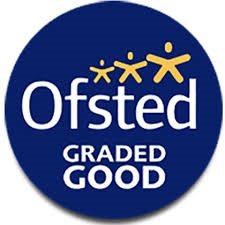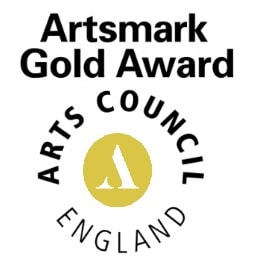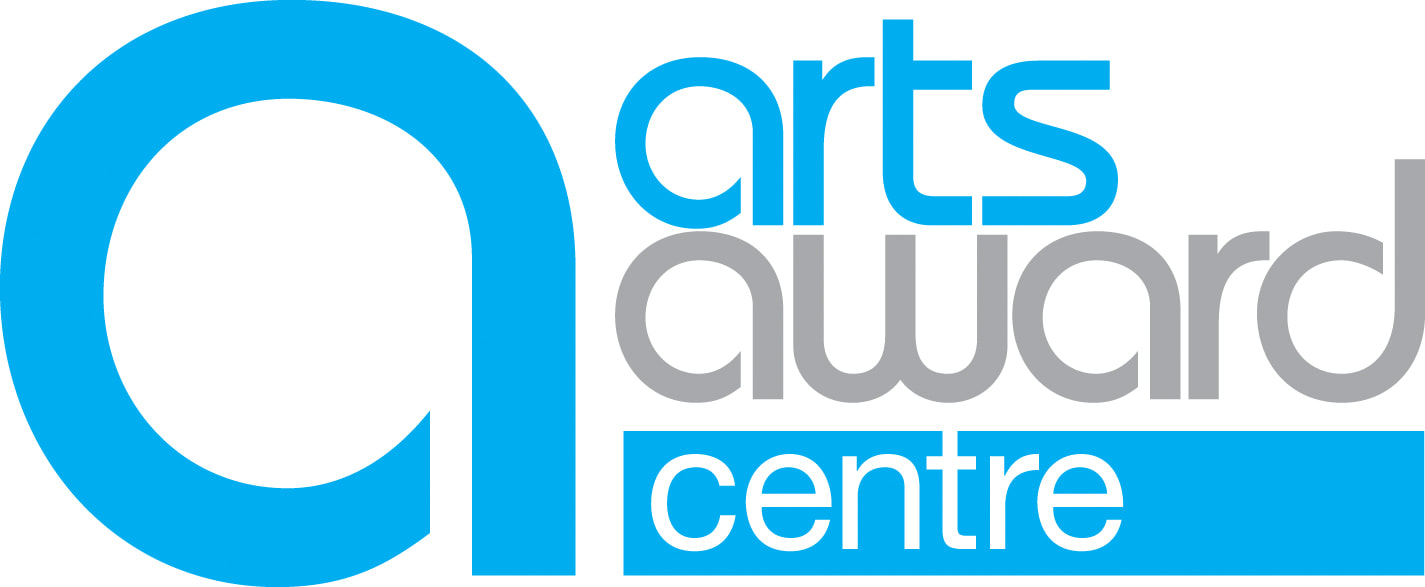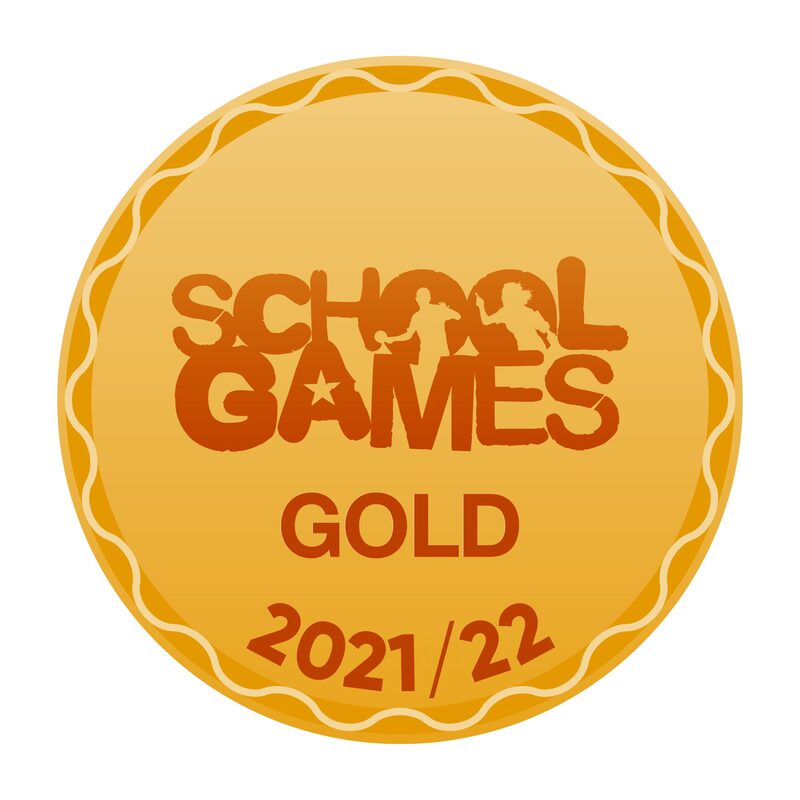Our approach
|
The foundation stones of our curriculum are in line with the National Curriculum’s aim to provide a balanced and broadly based curriculum that prepares children for their next stage in their education as well as the opportunities, responsibilities and experiences of later life.
Aspects of the wider curriculum, including personal health and wellbeing, British values, and careers, are woven into the main curriculum where appropriate and focused on in 3 Tutor Days a year, where a particular theme is explored in more detail.
|
Key stage 2 subject allocation
In years 5 and 6, children spend half of their lessons in maths and English, ensuring sufficient time is provided to develop their core skills to prepare them for the SATs and moving onto Key Stage 3.
In years 5 and 6, children spend half of their lessons in maths and English, ensuring sufficient time is provided to develop their core skills to prepare them for the SATs and moving onto Key Stage 3.
Subject |
English |
Maths |
Science |
Art |
Comp. |
DT |
French |
Geog. |
History |
Music |
RE |
PE |
PHSCEE |
Weekly lessons |
8 |
8 |
2 |
1 |
1 |
2 |
1 |
1 |
1 |
1 |
1 |
2 |
1 |
Key stage 3 subject allocation
In years 7 and 8, the balance changes slightly, with a third of lesson time allocated between English and maths equally. This allows for increased time for science, humanities and French.
In years 7 and 8, the balance changes slightly, with a third of lesson time allocated between English and maths equally. This allows for increased time for science, humanities and French.
Subject |
English |
Maths |
Science |
Art |
Comp. |
DT |
French |
Geog. |
History |
Music |
RE |
PE |
PSHCEE |
Weekly lessons |
5 |
5 |
4 |
1 |
1 |
2 |
2 |
2 |
2 |
1 |
1 |
3 |
1 |
Teaching philosophy
Our teaching philosophy incorporates many of the elements of the mastery approach to learning. The principles set out in Maths No Problem (a Singapore maths programme) and ‘Opening Doors’ (an approach to teaching English by Bob Cox) have been used to create a framework for teaching lessons that includes: starting with the hardest question; using access strategies to enable all children to access the learning; getting children working more quickly by doing taster drafts; using high quality model exemplars and high quality discussion to deepen understanding for more children; providing support strategies to enable all children to produce work to the highest level for their ability. These principles are supplemented by lessons that focus on assessment or practising key skills.
Our teaching philosophy incorporates many of the elements of the mastery approach to learning. The principles set out in Maths No Problem (a Singapore maths programme) and ‘Opening Doors’ (an approach to teaching English by Bob Cox) have been used to create a framework for teaching lessons that includes: starting with the hardest question; using access strategies to enable all children to access the learning; getting children working more quickly by doing taster drafts; using high quality model exemplars and high quality discussion to deepen understanding for more children; providing support strategies to enable all children to produce work to the highest level for their ability. These principles are supplemented by lessons that focus on assessment or practising key skills.








